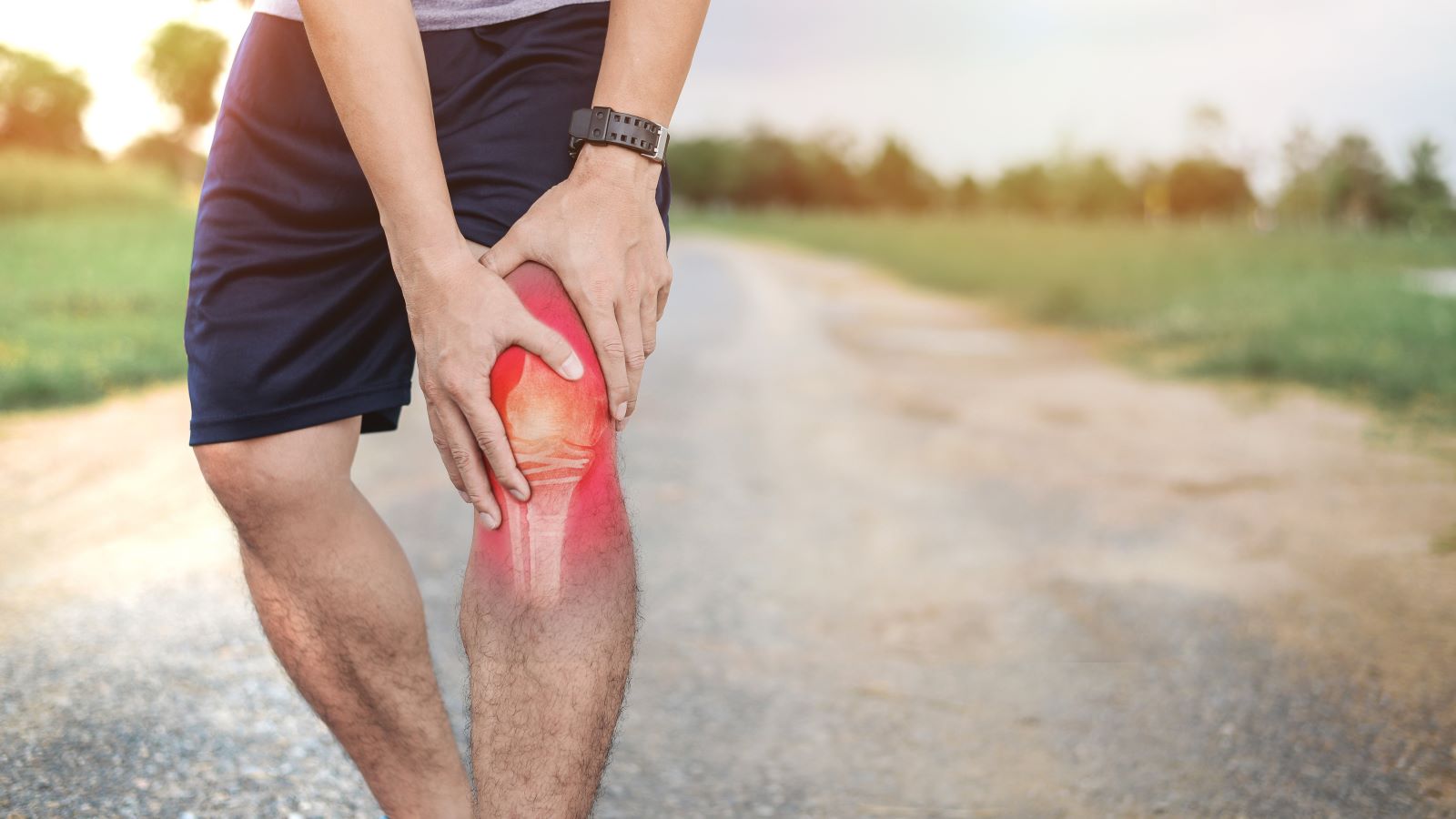<< Back
What NOT to Do When You Have Knee Pain

January 22, 2024
Did you just crush a pickleball match or dominate the slopes, but your knee says otherwise?
Your first instinct may be to play through the pain. But you may want to reconsider, says Carl Nissen, MD, an orthopedic surgeon with the Bone & Joint Institute at Hartford Hospital.
“Diagnosing you is easier in the acute phase,” says Dr. Nissen. “And, proper treatment is difficult without the right diagnosis.”
Here’s what NOT to do when you’re having knee pain, according to an expert.
1. Don’t pretend the pain isn’t there.
When knee pain strikes, you may brush it off as a normal part of aging. But pain isn’t necessarily normal, says Dr. Nissen.
“Pain, especially with swelling or an effusion (fluid in the joint), isn’t normal and should be treated,” he says. “Even just walking on a painful knee may make things worse.”
2. Don’t immobilize your knee.
If you’re considering a brace or splint to prevent knee motion, think again.
“There are very few reasons to immobilize your knee,” says Dr. Nissen. “Especially for younger patients, immobilization is rarely done except to help with pain and discomfort immediately following surgery. Overall, immobilization may cause stiffness, creating a second problem that needs treatment.”
> Related: Why Do My Knees Crack When I Squat?
3. Don’t continue participating in activities.
Many people hold off on an evaluation after injury, assuming it will resolve quickly. While this is often true, it’s usually best to hold off on activities for now.
“Injuries can make you weak,” explains Dr. Nissen. “If you continue to do activities with weak muscles, you can expose your knee to potentially worse or more extensive injuries.”
4. Don’t ignore joint pain.
While it’s sometimes a subtle difference, joint pain differs from muscle pain.
We all love that hard-earned muscle soreness after an intense workout, and that aching is OK. This post-exercise soreness usually resolves in 24-36 hours, but it may be joint pain if it lingers for a few days.
“Unlike muscle pain, joint pain isn’t OK,” says Dr. Nissen. “Ignoring joint pain can lead to worse or more extensive injuries. For example, a twisting injury may cause a meniscus tear. Meniscus tears usually come with swelling and weakness, making it easier to extend or enlarge your tear.”
5. Don’t self-diagnose.
There are a lot of reasons your knee might be hurting, including (but not limited to):
- Pain with weight-bearing
- Osteoarthritis
- Acute effusion
- Traumatic injuries
- Signs and symptoms of an infection
- Vascular injuries
- Neurologic injuries
While you may be tempted to Google your symptoms and self-diagnose, Dr. Nissen advises against it.
“We all want to self-diagnose our aches and pains,” admits Dr. Nissen. “However, an incorrect diagnosis delays treatment and may lead to greater problems.”
What you SHOULD do: See a doctor.
After a minor knee injury, your bruising will typically resolve within 48 hours, and you’ll feel better around the three-day mark.
If the pain sticks around past this date, see your doctor. They may recommend knee pain treatment at home or a more instructed care plan.
And if you have a knee or patella dislocation, loss of feeling or blood supply below the knee, or an injury with symptoms like fever or chills, head to the Emergency Department for evaluation.